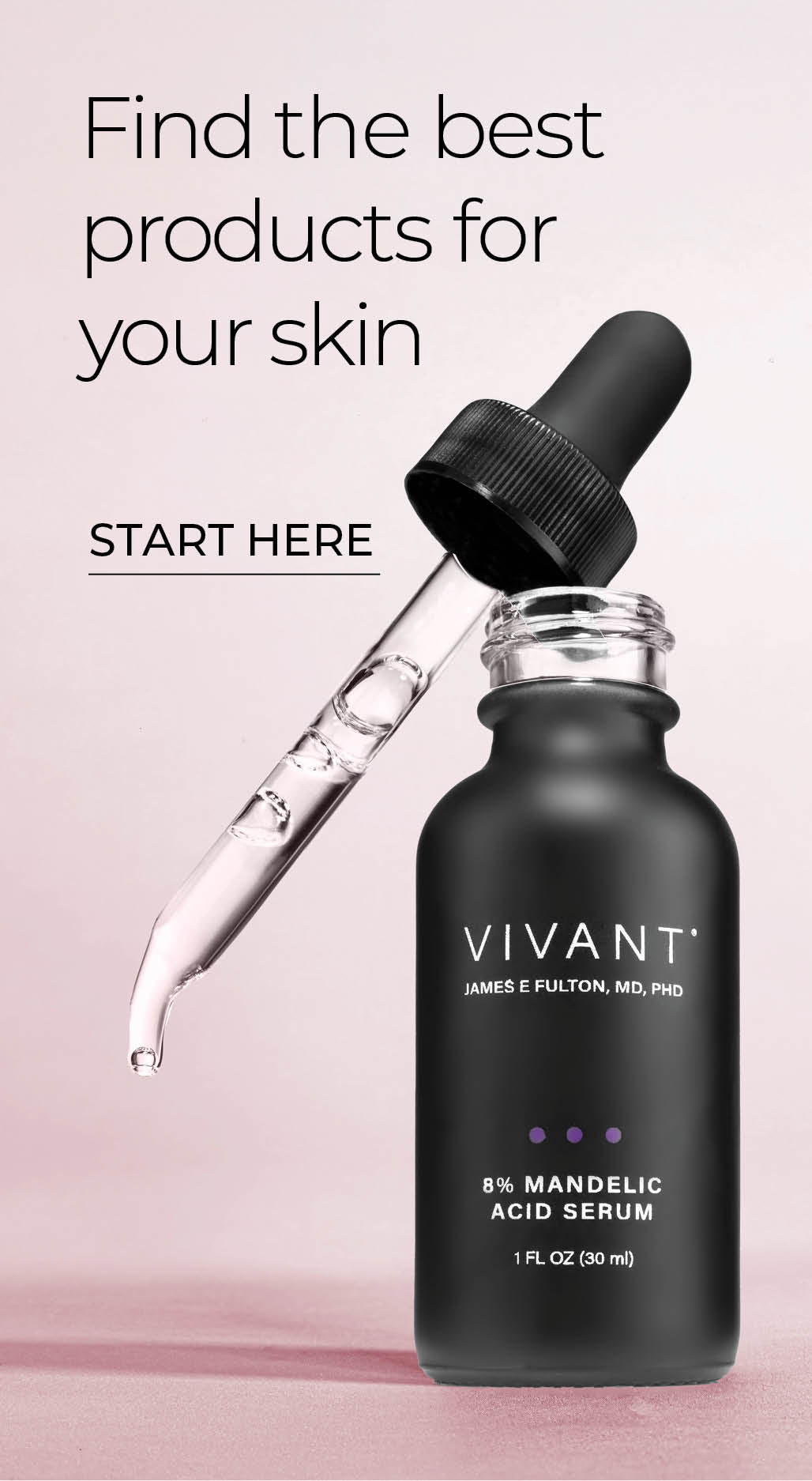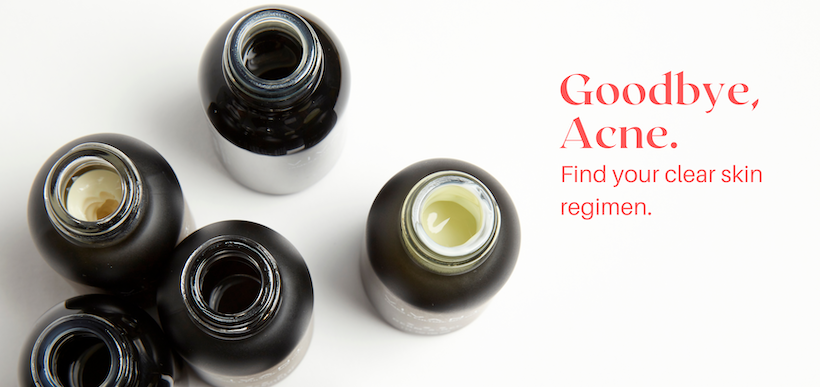Healthy Barrier, Happy Skin

Some liken the skin barrier to parched, cracked desert earth. Others to a brick wall where the bricks are dead skin cells ready to be shed away and the mortar is the intracellular matrix—stacked layers of lipids and ceramides that maintain moisture, firmness, and softness.
Desert earth, brick wall, call it whatever you like. Mexico is not paying for it. The point is, a strong barrier is essential to healthy skin. It’s what keeps moisture in and potential irritants out, and when it’s weakened or compromised, the appearance and health of skin suffer.
Here are some tips on how to build your brick-house skin barrier because resilience is beautiful.
Know your barrier strengthening ingredients
For the Fort Knox of skin barriers, make sure you are using ingredients that nourish and protect. An unsung hero in this category is niacinamide. It increases the biosynthesis of ceramides and other stratum corneum lipids to improve the epidermal barrier function.
Lineolic acids, which are omega 6 fatty acids, help skin retain moisture and also have anti-inflammatory properties making them beneficial for a strong skin barrier. They’re found in oils like grape seed and rosehip. These oils have the added benefit of being very low on the comedogenic scale, making them ideal for acne prone skin.
Dry or sensitive skin can use heavier, occlusive emollients to seal in moisture, things like lanolin, petrolatum, or mineral oil.
Humectant emollients, which draw water from the deeper layers of the skin and the environment, are important for all skin types. These are things like urea, glycerol, propylene glycol, lactic acid, honey and sodium PCA, which research shows can attract 250 times its weight in water. See our blog on hydrating vs. moisturizing for more on the topic.
Hyaluronic acid is skin’s natural replenisher, but sometimes skin doesn’t make enough, or it gets depleted. Peptides encourage the skin to produce more of this important barrier booster.
Avoid harsh cleansers, things like sodium lauryl sulfate, that strip the skin of its natural oils. These leave the barrier dry, exposed and vulnerable to irritation. They also have an alkalizing effect on the skin, throwing off pH balance and disrupting the skin's natural processes.
Feed your skin.
In addition to what you put on your skin, it’s important to think about what you feed it. Ceramides are present in many foods in the form of essential fatty acids, or omegas, that provide anti-inflammatory effects and help prevent water loss. Eat omega-rich foods like salmon, flax seed, and walnuts strengthen skin cells from the inside out.
Be gentle.
Exfoliating is essential for facilitating healthy cell turnover and keeping pores clear. However, with physical exfoliation, scrubbing too vigorously or using an overly abrasive instrument, can compromise the moisture barrier and cause irritation that may trigger hyperpigmentation. You’re not scrubbing the kitchen floor. You’re just removing the top layers of dead skin. Do it gently with luxfoliating microbeads or a lightly textured buffing pad.
Turn down the tap.
Hot water can strip the skin of protective lipids leaving it dull, tight and vulnerable to irritation. Keep showers and baths on the cooler side to help skin retain moisture. It’s also a good idea to apply your products while skin is still moist after cleansing for better penetration.
De-stress.
Pay attention to your stress level because whatever is festering inside creates irritation on the surface. The stress hormone cortisol triggers inflammation, which damages cells and slows down skin healing weakening the skin barrier. Take some time to unwind and decompress. You’ll feel better and look better.
Wear sunscreen.
Sunscreen to protect from environmental and UV damage is crucial to a healthy skin barrier. Look for broad spectrum UVA/UVB protection with zinc oxide or titanium dioxide.
Our Barrier Building Picks:
Cleansing Milk is as gentle and nourishing as it sounds with emollient and hydrating ingredients like grape seed oil to protect and repair.
Gentle Skin Nourishing Toner with nourishing grape seed and rosehip oils clarifies without disrupting skin’s natural balance.
Rejuv Rx contains niacinamide to encourage ceramide synthesis, peptides to boost hyaluronic acid production, and lactic acid, which regulates Ph, encourages cell turnover and helps skin retain moisture.
Marine Skin Nourishing Cream is an intensely nourishing blend of antioxidants and bioactive marine minerals, amino acids, sea proteins, and grape seed oil to replenish and restore suppleness and elasticity.
Day Treatment Lotion SPF 15 gives the skin barrier a protective boost with healing whole leaf aloe and zinc peptides so you get broad-spectrum defenses against the sun’s damaging UVA and UVB rays, plus a lipid nourishing bonus.


Comments